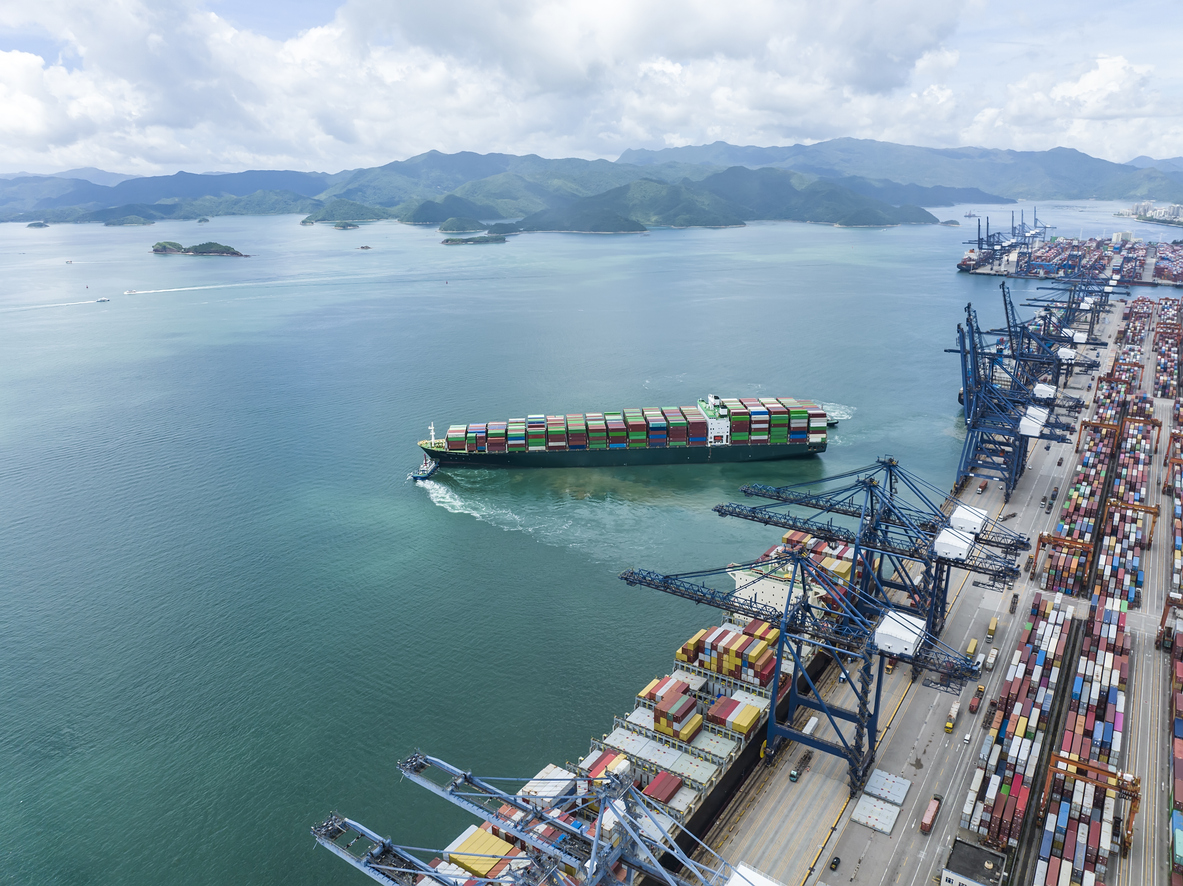Importers must declare the “country of origin” (sometimes referred to as the C/O or COO) of the goods they are importing on their customs declarations. The “country of origin” is where the good was manufactured, produced or grown or—if composed of parts or materials from more than one country—where it underwent “substantial transformation” into the final product being imported.
The correct “country of origin” is critical to the determination of how much customs duties an importer owes. This is because customs duty rates—as well as the applicability of trade sanctions and antidumping and countervailing duties (known as AD/CVDs)—often depend upon it. The total import duties owed by an importer for a particular good can vary by hundreds of percent based on its country of origin.

What is Illegal Transshipment & Country-of-Origin Fraud?
A type of custom fraud, illegal transshipment is the practice of shipping goods from their true country of origin—typically China—to intermediate destination countries before having them reshipped to the United States and fraudulently entered through customs as supposed products of the intermediate country. The goal of transshipment is to disguise the true “country of origin” of goods, thereby circumventing applicable duties, tariffs, trade sanctions or AD/CVDs.
Importers engaged in illegal transshipment will often fraudulently relabel the goods in question as products of the intermediate country before their reshipment to the U.S., or arrange for the goods to undergo minor processing, finishing, packaging or repackaging in the intermediate country as a false pretext for claiming they were manufactured or underwent “substantial transformation” there.
Trade data suggest that illegal transshipment and country-of-origin fraud are prevalent, particularly with respect to goods from China subject to Section 301 tariffs or AD/CVDs. Vietnam, Thailand, Malaysia and Taiwan are believed to be significant “hubs” for illegally transshipped Chinese merchandise.
Blow the Whistle on Illegal Transshipment & Country-of-Origin Fraud
Illegal transshipment and country-of-origin fraud violate the False Claims Act, which prohibits parties from fraudulently overcharging or underpaying the United States government or its agencies, including U.S. Customs and Border Protection (CBP).
If you know of importers engaged in illegal transshipment or country-of-origin fraud, you can report it to the U.S. government by filing a whistleblower lawsuit under the False Claims Act. False Claims Act whistleblowers generally receive whistleblower rewards of 15%-30% of the government’s recovery, which can be substantial in that the government is entitled to recover three times (trebled) its damages plus penalties against violators.
Learn more by contacting customs-fraud whistleblower attorney Mark A. Strauss, who has extensive experience representing customs-fraud whistleblowers and has recovered millions of dollars against fraudulent importers.
Fraud is their game.
Integrity is yours.
Free Consultation
No Fee Unless We Win!
Call or Text Now

Published By
Attorney Mark A. Strauss
Mark is a battle-hardened and tenacious anti-fraud attorney with more than twenty years of experience in complex civil litigation. He has represented qui tam whistleblowers under the False Claims Act as well as victims of fraud under the federal securities laws and the Racketeer Influenced and Corrupt Organizations Act (RICO). His efforts have resulted in the recovery of hundreds of millions of dollars for clients.
Practices
Whistleblower Practices
- False Claims Act Whistleblower Lawsuits
- Customs Fraud
- COVID-19 Relief Fraud
- Healthcare Fraud
- Government Contracting & Procurement Fraud
- Grant Fraud
- Federal Credit Assistance Fraud
- Securities Law Violations & the SEC Whistleblower Program
- Tax Fraud & the IRS and New York State Whistleblower Programs
- State False Claims Acts